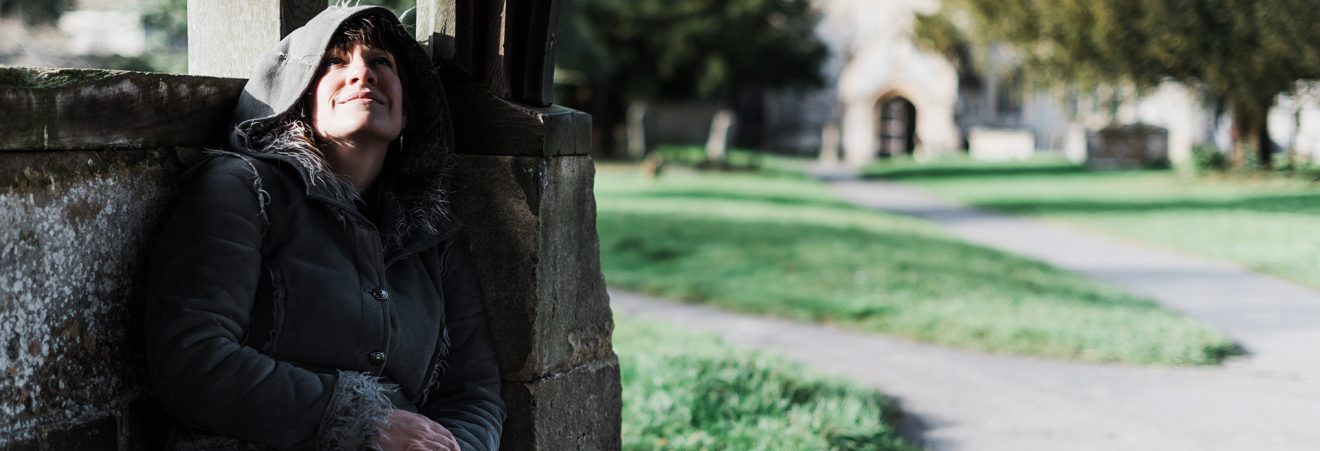
FORGIVENESS
What is your relationship to the primal energy under this seemingly simple word?
Is it in your vocabulary?
In your life practice?
Perhaps not.
Forgiveness is neither easy to say nor do.
It is one of those words that tends to grate up against all the parts of ourselves that we would rather not look at or even see.
Yet it’s power to liberate is unimaginable.
We forgive for ourselves.
We forgive to create connection.
We forgive to invoke freedom.
We forgive to create new stories.
And destroy the old ones.
Forgiveness is a doorway into unity.
It unlocks us from the bonds of old hurts and vendettas.
Reminds us of where we are living by small outworn ideals.
And annihilates our victim narrative.
Needless to say – the victim will fight for its life to hold on.
To create separation.
To live by ‘us and them’, ‘right and wrong’ spectrums.
A lack of forgiveness (and all its friends such as blame, judgement, fear and denial) feeds on an underlying illusion of separation.
To refuse to forgive someone, something or somewhen means that we keep ourselves and our soul separate from them. Apart. Both sides weakened by our fear and anger.
This is a tough conversation for anyone who wishes to remain righteous (a very dangerous word in my experience).
And a confronting concept for any of us who live in subtle and not so subtle webs of superiority.
Forgiveness melts all of that noise.
It reunites us with one of the core Universal truths – that of love.
I mean the Christ like concept of love, not the hallmark card version.
It moves like water around our mental structures and softens them into wisdom.
Wisdom unites. Superiority separates.
Look at the world around you for evidence of your current relationship with forgiveness.
What do you see?
More importantly, how connected and in love with your life are you?
Are you able to move like water through life’s challenges and through old memories that cause you pain? Can you forgive other’s souls – if not their behaviour – for doing what most other humans all do when they are afraid?
Yes?
Then you are living a truly free and soul fuelled life.
No?
You can always choose differently.
And then really start to live the life you came here for.
Forgiveness is a doorway into unity.
And one of the most powerful storyhacks I know.
Ask Christ.




As always, a very thought-provoking piece.
Forgiveness is something I would hope is part of the authentic self and a key part of human relationships. I believe that most of the time any pain or distress that is caused is either unintended or a response to a stressor. There are few truly wicked people. The beginning of forgiveness is therefore understanding – if possible, reflecting to the person who has caused us pain that this is how it has been received. In many (most?) cases this will lead the other person to either apologise (they regret the hurt), express surprise (they didn’t realise they had caused any) or resist and even resent the approach. This relational approach is, of course, not always possible – a criminal act for instance, a dent in our car caused by someone unknown.
So I wonder, when we talk of forgiveness, how the context affects our response. I can readily forgive and seek forgiveness from a loved one or a friend, a colleague or even someone with whom I have a fleeting contact; I can readily forgive if I am hurt. I will find it harder if the pain or offence is to a loved one (especially if they are powerless in a situation) or e.g. an act of terrorism that kills or maims so many.
Peace – loving people of all faiths and beliefs will strive for a personal and authentic attitude of forgiveness. I wonder how our response differs with the context, however. I remember many years ago watching the father of a victim of the Troubles in Ireland publicly forgiving the terrorists; Nelson Mandela and Archbishop Desmond Tutu led the Truth and Reconciliation Commission etc.
I guess I am saying that some acts of forgiveness are easier than others and, although I would always strive at the very least for understanding I know I would be challenged to truly forgive in some circumstances. Being asked this question, though, reminds us of the ripples that extend from individual acts of sincere forgiveness and apology. Small acts magnify.
Thanks Ian – you have outlined beautifully some of the challenges of true forgiveness. For me it’s less about context and more about root cause. In most cases behaviour we would consider as ‘wicked’ comes from a deep inner lack of love and connection on behalf of the ‘perpetrator’. Can we address the deep systemic issues that create ‘wickedness’ on our global society. Forgive the people (but not the behaviour), and move towards a truly loving and learning community? Again – easier said than done but definitely something to strive for in our own ways.
Thanks Genevieve.
It is helpful to think about the distinction between forgiving the person but not the behaviour. That is, I think, easier when the perpetrator recognises and expresses regret. When they don’t we need to try to understand why but that makes it more difficult.
Many years ago I was involved in youth offending and saw first hand the power of restorative justice – when the victim and offender meet with the help of a mediator – the offender recognises the impact of the act e.g. of burglary that had previously been depersonalised and the victim can humanise (not demonise) the offender. That is not, of course, always possible and may not work so well where the offence is, for example, rape or sexual assault (with its obvious personal violation), but does I think point us towards the need to find humanity in the apparently inhumane, to demystify and to seek understanding.
Our personal resolution of the “offence” lies there rather than in unresolved resentment I think.